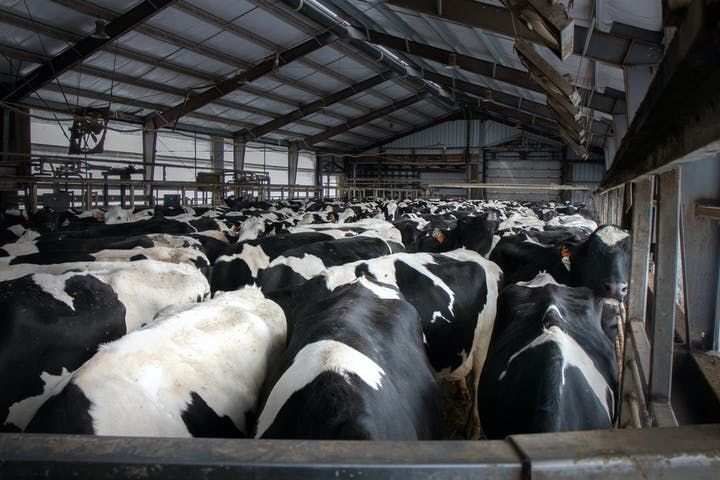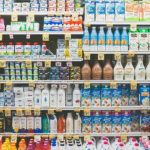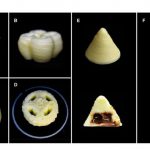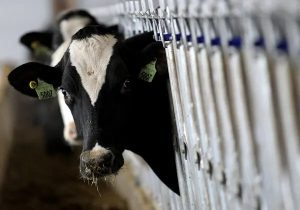
Thanks to reinforcements to the federal dairy safety net and a generous coronavirus-relief package, fewer dairy farmers are going out of business and their outlook has brightened despite the pandemic.
“People’s morale has definitely lifted,” said Shelly DePestel, one of the owners of the Lewiston Dairy in southeast Minnesota, one of the state’s largest. “I do think a lot of dairy farmers support Trump, from my limited communication.”
An irony of this new optimism in dairy is that the politician most responsible for the legislation that caused it is U.S. Rep. Collin Peterson, a Minnesota Democrat, the chairman of the House Agricultural Committee.
“Collin Peterson is a champion to dairy,” DePestel said. “It’s not about a party thing. It’s about who’s helping us, who’s looking out for us, who’s got our interests at heart.”
Peterson — who faces his own re-election bid in November against Republican Michelle Fischbach, a former lieutenant governor and Minnesota Senate president — was honored Friday in Perham, Minn., by the Minnesota Milk Producers Association with the legislator of the year award for his work on the coronavirus relief package among other things.
Those who milk cows for a living, especially on the traditional family scale of a couple hundred head or less, have been battered for the past five years. While the entire farm economy has struggled, dairy seemed to be in terminal decline.
Facing a wave of consolidation, oversupply, trade wars and shifting consumer demand, 1 in 10 dairies in Minnesota and Wisconsin closed in 2019. Minnesota lost 268 dairy farms in 2019; Wisconsin, 818.
Dairies are still going out of business in 2020, but at less than half the pace.
Trump was carried to the White House by rural voters and has sought to ally himself with farmers.
At the Republican National Convention, Grantsburg, Wis., dairy farmer Cris Peterson spoke on national television and said Trump came to office “in the middle of the great depression for dairy farmers.”
Business started “booming” again, she said, thanks to his renegotiation of trade deals.
“One person deserves the credit, and our vote,” said Peterson. “President Donald J. Trump.”
Better insurance
The biggest recent help to dairy farmers was dairy margin coverage, a program that was years in the making, said Charles Krause, who milks 250 cows near Buffalo, Minn., with his father and his son.
This new type of insurance, authorized by the 2018 Farm Bill, allows farmers to insure their margin, between the cost of feeding the cows and the price of their milk, by up to $9.50 per hundredweight of milk. Starting in 2019, dairy farmers could get better coverage for lower premiums.
“That’s probably the biggest, most supportive thing that’s happened in dairy in my lifetime, my 30 years of farming,” Krause said.
Smaller farmers benefit in particular, since the program offers the sweetest terms for up to 5 million pounds of milk.

























